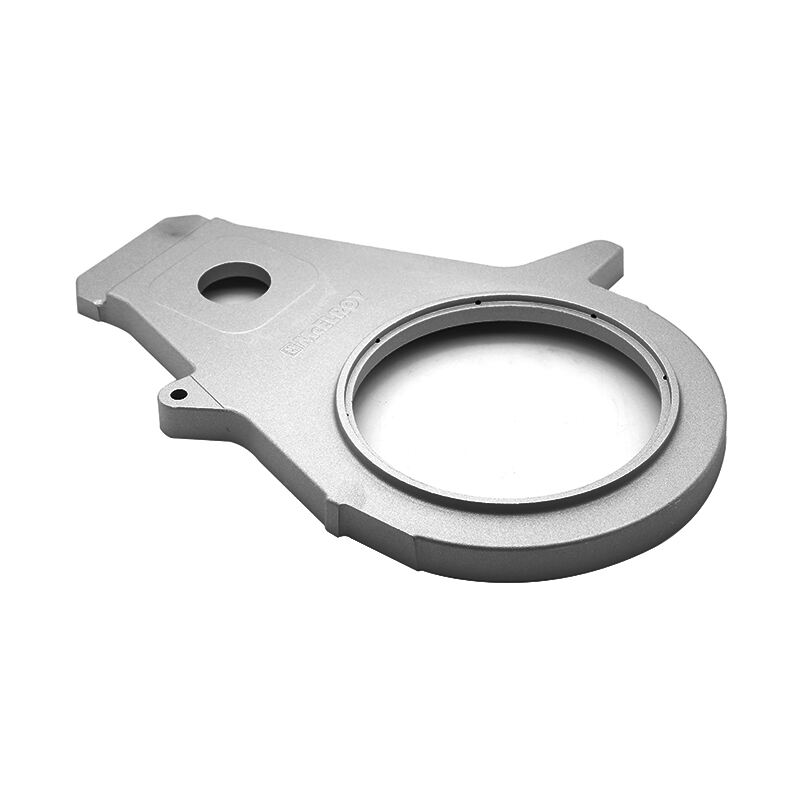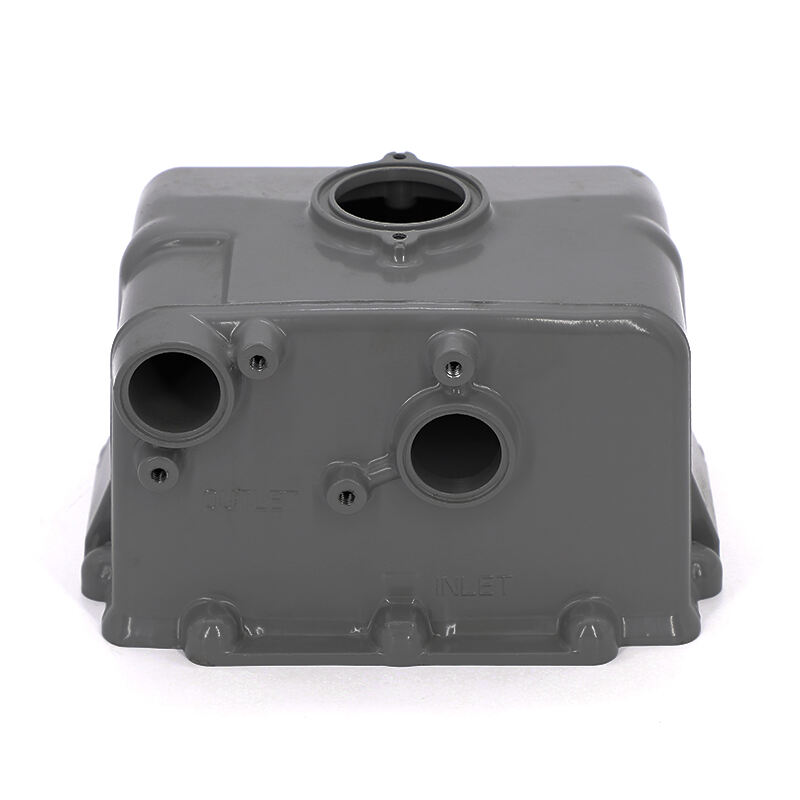aluminum die casting parts
Aluminum die casting parts represent a cornerstone in modern manufacturing, offering precision-engineered components through a sophisticated process of injecting molten aluminum into detailed molds under high pressure. These parts are essential in various industries, combining durability with cost-effectiveness. The process enables the production of complex geometries with excellent dimensional accuracy, smooth surface finishes, and consistent quality across large production runs. The technology involved utilizes advanced die casting machines that can operate at temperatures exceeding 1200°F, creating parts with exceptional structural integrity. These components feature thin walls, intricate details, and precise tolerances, making them ideal for applications requiring both strength and lightweight characteristics. The versatility of aluminum die casting parts extends across automotive, aerospace, electronics, and consumer goods industries. They are particularly valuable in applications demanding high-performance mechanical properties, corrosion resistance, and thermal conductivity. The manufacturing process ensures superior metallurgical properties, including uniform density and minimal porosity, resulting in parts that maintain their dimensional stability and performance over time.


